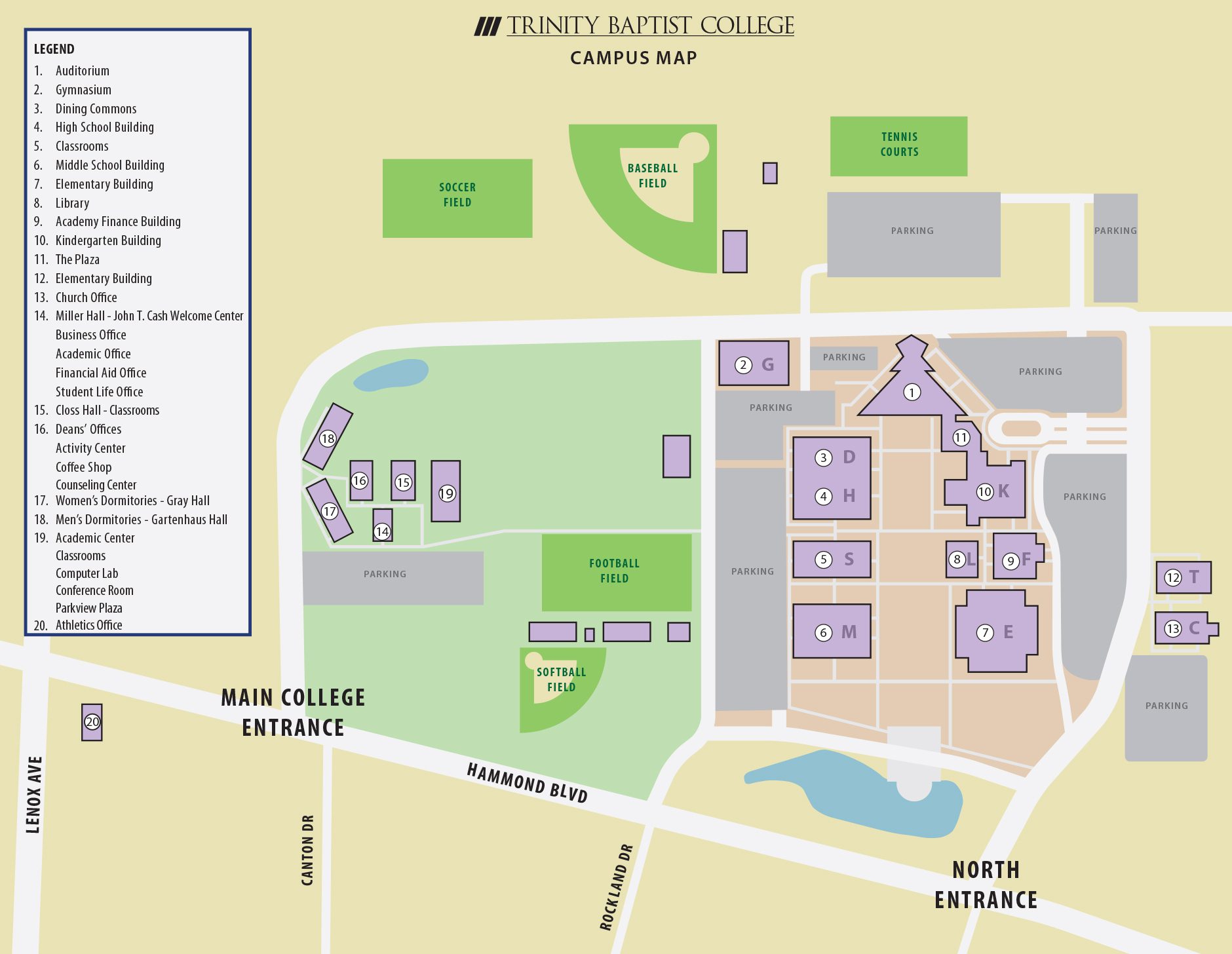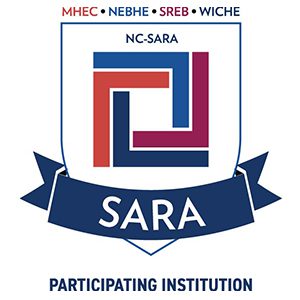Three ways to maximize your study sessions.

At this point in your life you are very familiar with classwork, exams, and, of course, studying. If you’re in college, no doubt you are studying. At least a little! The question is, are you studying effectively? You may have already discovered a few study styles and methods that work very well for you. For example, you may have noticed that you grasp material much easier when you hear it voiced aloud, or if you study while listening to music. Perhaps you do well studying in a group. Or, maybe the opposite is true: solitude and complete quiet is your ticket to concentration. If you haven’t taken the time to determine what works for you, now is a great time to find out! Here’s a short quiz that can help: http://www.educationplanner.org/students/self-assessments/learning-styles.shtml
Even if you have a firm grasp on your favorite study methods, you might be interested to learn that there are a few other things you can do (apart from study methods or learning styles) that can help you boost your brain function and help you remember material more effectively.
#1) Take practice tests. Don’t roll your eyes! This is a serious suggestion! Ask your professors if they have any old tests or quizzes that they don’t mind you using for practice. You can accomplish two things with this approach: first, you can get a sense for how the material may come across when worded differently from your notes or textbook. Second, if this is your first class with a particular professor, it allows you to get a feel for their testing style and gain some confidence when it comes time to take your first real exam in their class.
#2) Review. Right Now! When do you have the clearest understanding of lecture material? As you’re packing up at the end of the session? Or a week later? (If your answer is not “at the end of the session”, please do share your secret!) A widely-accepted theory called The Forgetting Curve – or – Ebbinghous’s Forgetting Curve shows how incredibly quickly our brains forget information that is not put to use. Basically, the sooner and more frequently you review new material, the more likely your brain will retain it for good. By doing this, crunch time before the exam will not be nearly as stressful because much of the material will already be stored in your memory! Curious to know more about the forgetting curve and how to fight against it? Here’s a short video (less than two minutes long and a bit cheesy) that illustrates the Forgetting Curve. If you prefer to read about it, here is a good explanation of the same concept.
#3) Break a sweat. No, this does not mean that you should work yourself into a panic attack! It means, get out there and work up a sweat with physical exercise! Get your muscles moving and you’ll reap the benefits when you settle in for an evening of brain work. Studies show that the brain responds positively to physical exertion, helping you be more alert, focused, and relaxed. Not to mention, exercise tends to help improve your mood in general. Who doesn’t need a mood boost before buckling down to study!
How amazing grades could be if everyone took the time to study effectively! Challenge yourself to impress yourself this semester! Find out what works for you and stick to it!
Looking for more ways to increase concentrate and make the most of your limited study time? Here are a few more suggestions: http://www.educationplanner.org/students/self-assessments/improving-study-habits.shtml








Leave a Reply